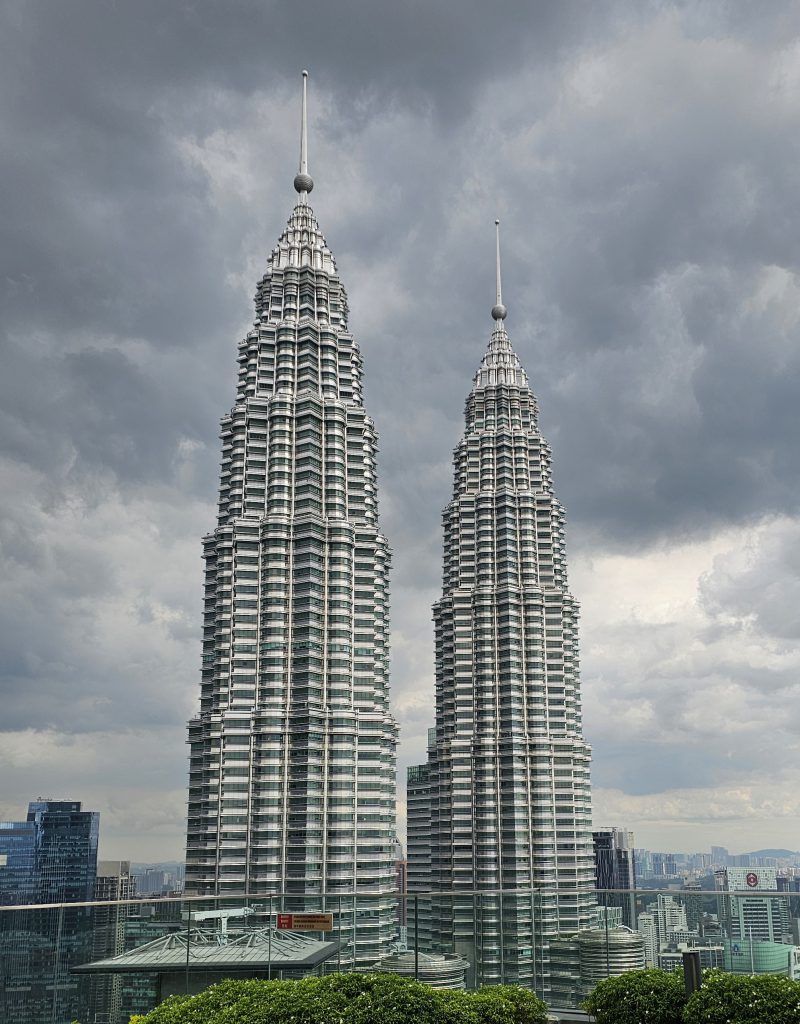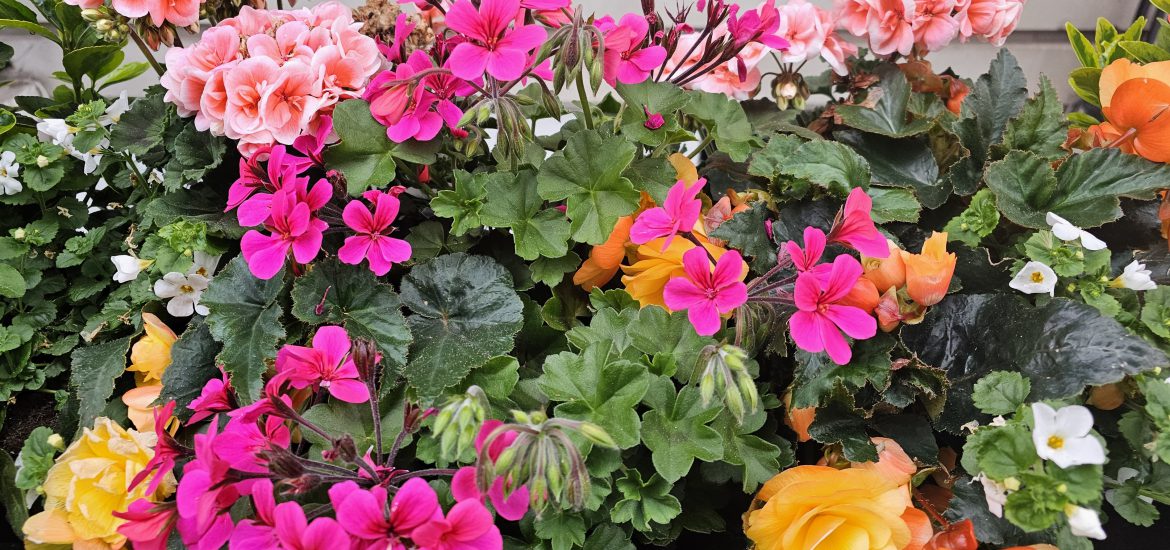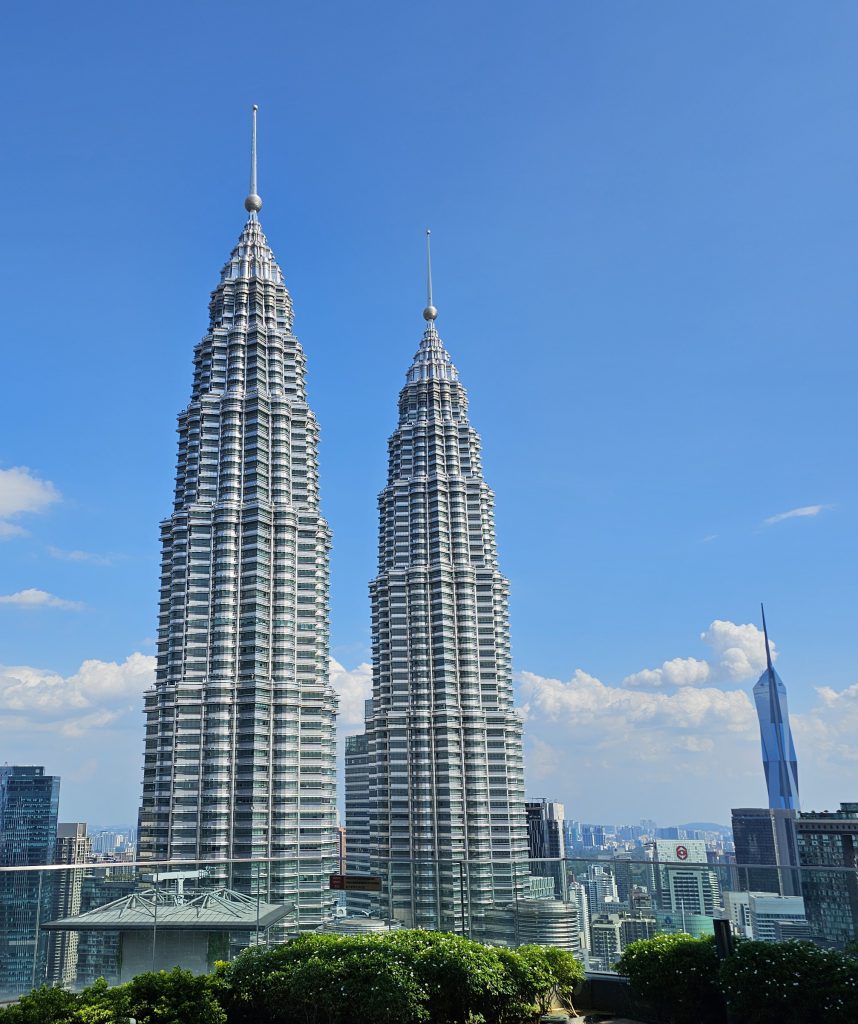
In the month of June the grass grows high
And round my cottage thick-leaved branches sway.
There is not a bird but delights in the place where it rests;
And I too – love my thatched cottage.
I have done my ploughing;
I have sown my seed.
Again I have time to sit and read my books.
In the narrow lane there are no deep ruts;
Often my friends’ carriages turn back.
In high spirits I pour out my spring wine
And pluck the lettuce growing in my garden.
A gentle rain comes stealing up from the east
And a sweet wind bears it company.
My thoughts float idly over the story of the king of Chou,
My eyes wander over the pictures of Hills and Seas.
At a single glance I survey the whole Universe,
He will never be happy, whom such pleasures fail to please!
A poem by T’ao Ch’ien (A.D. 372 – 427) entitled Reading the Book of Hills and Seas. From a book in my dad’s library simply entitled Chinese Poems, translated by Arthur Waley, Unwin Books 1961 (first published 1946).
My friends, this is the month of June.
The grass is freshly mown, and thus very short, in the family home in Kuala Lumpur. It is a two-storey bungalow. The roof is tiled, with not a strand of straw in sight. My lettuce is from the supermarket, the rain is not gentle but comes with thunder and lightning, and I only manage to survey the Petronas Twin Towers from the rooftop of my apartment block. Everything in this poem is so unlike the life I lead at the moment, however I could not help liking the rural idyll it portrayed.
The only thing slightly true is the line Again I have time to sit and read my books, but only because I have set myself the task of going through my dad’s library for another round of book sorting.
I had in previous years gathered the books not so much by subject matter but by certain words in the title: investing, investor, investment, panic, crash, profits, stock market, millionaire, think, thinker, rich, speculate.
This time I am going through the other books that have nothing to do with the stock market and this has been quite pleasurable. My dad had so many interests, from poetry and language (English and Chinese) to military strategy and politics. There are many books on management and managing (your finance, relationships, time).
I spend part of my day looking after my mother and the other part helping around the family home. There are all sorts of things to do. Most days it reminds me of Richard Scarry’s Busytown. Our local water board is laying new pipes and I rather wish the children were here (aged 5 again) as we have a digger in our garden.
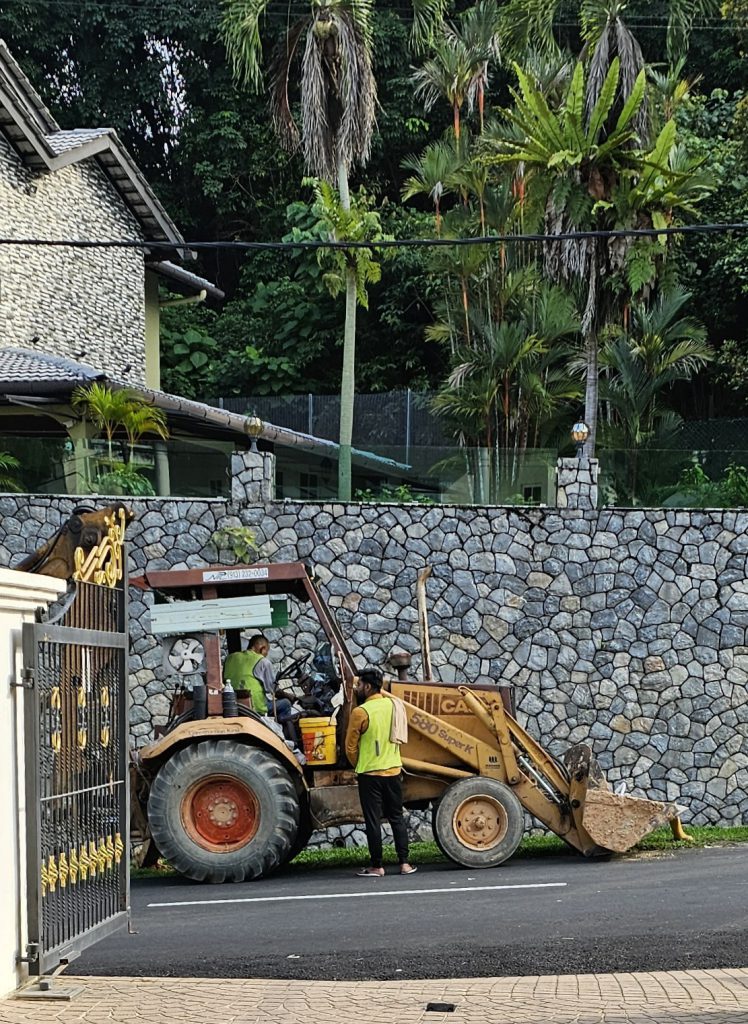
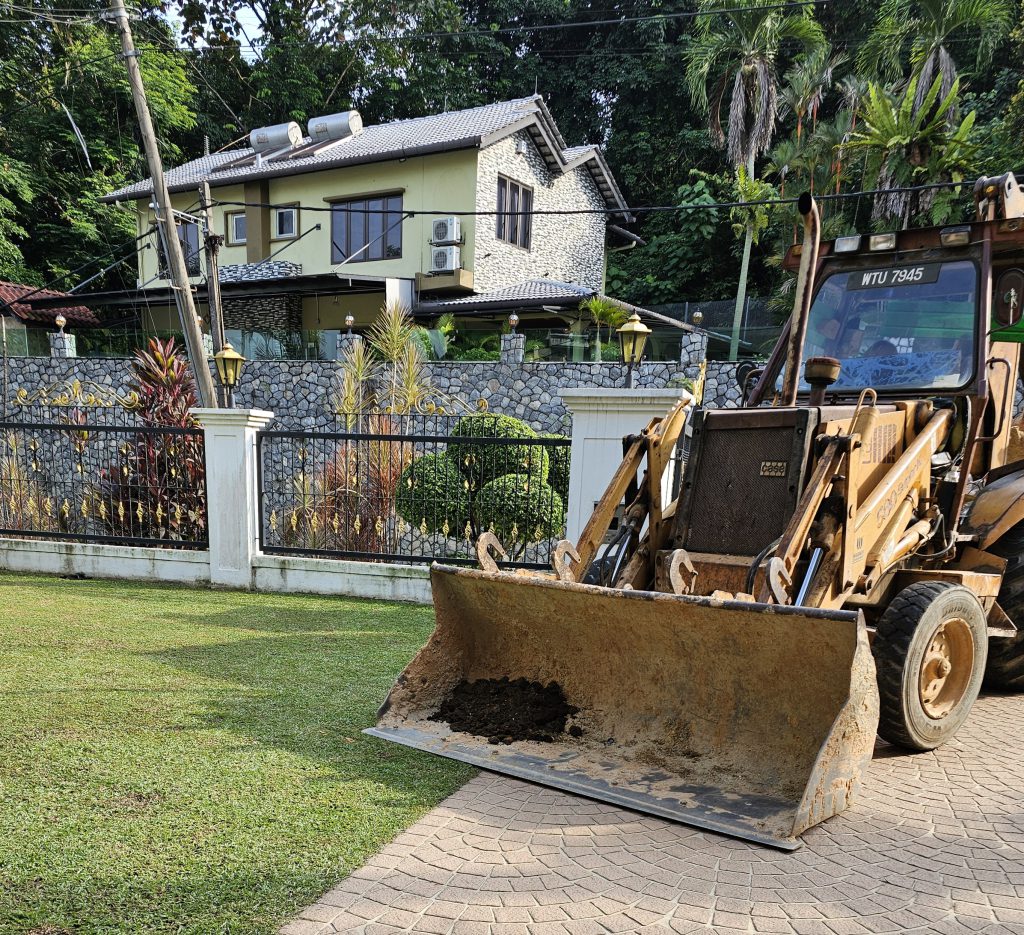
I have been in Kuala Lumpur for two weeks and have only managed a few swims, as it is the rainy season. I started reading Babel (by R.F. Kuang, published by HarperVoyager, ISBN 978-0008501815) on the flight from London to Singapore and tried to continue in the first few days here. Unfortunately the story is so gripping I slept at 2 am and kept on missing the wake up alarm. I have suspended reading for now as my days have to start very early.
Babel captures all my thoughts on the difficulties of translating words from one language to another, not least because I grew up speaking four languages (and have added another two as an adult). There are times when I say to Mr Gochugaru: I can’t explain it well in English but there is a Chinese word for it which roughly means…
Arthur Waley, the translator of Chinese Poems says in the Preface:
My book is not a balanced and representative anthology of Chinese poetry through the ages, but merely a collection of poems that I like particularly and that happen to work out well in translation. The translations were made over a long period – between 1916 and 1959. I have corrected some mistakes in those made long ago, but in two or three cases I have not altered inaccuracies because I found that I could not do so without spoiling the general effect of the poem.
It would spoil the story if I said more on Babel, as it deals with so much more than the intricacies of language translation. Why Babel? In the Bible, the account of the Tower of Babel explains why the world is filled with different languages, In essence it is a story about man’s bid to put himself above God, and God thwarting those plans.
I end my post with a photo below of Malaysia’s equivalent of the Tower of Babel. If you ever visit this part of town, you soon realise this is the most photographed thing in the whole of Malaysia. Yes, more than our beloved multi-cultural staples of nasi lemak, char kuey teow and dosa.
